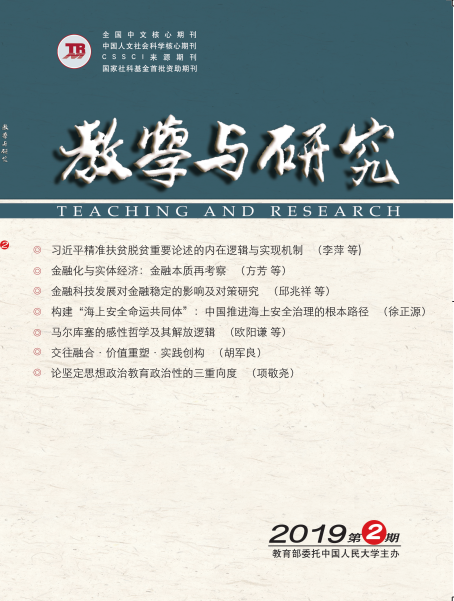The ideological and political education of American colleges and universities is fruitful, in which religious education is the main form, political education is the
core, general education is the main channel, student affairs management is an important basis, and the development of college students is an important way. The ideological and political education in Chinese and American universities mainly has the differences between recessive education and explicit education, the difference between open education and closed education, and the difference between education for all and school education. Drawing on the successful experience of ideological and political education in American colleges and universities, we can start from the aspects of reforming education methods, constructing a reasonable education system, realizing the social value of education and unifying individual values, and innovating the mode of ideological and political education in China.



